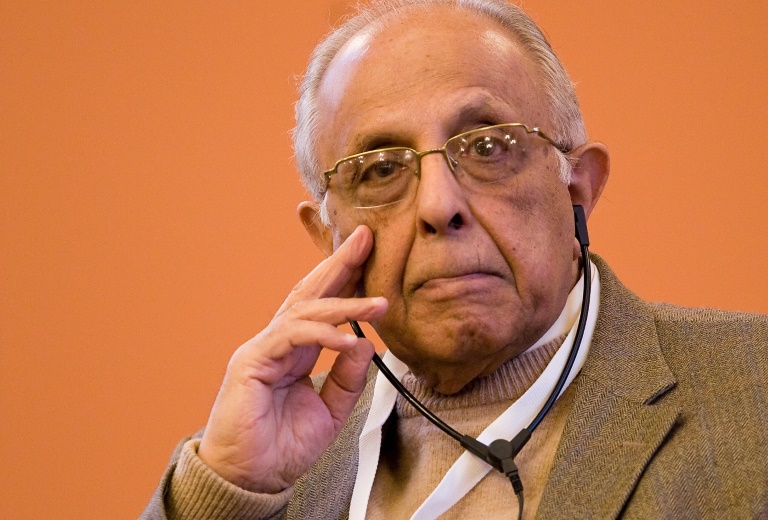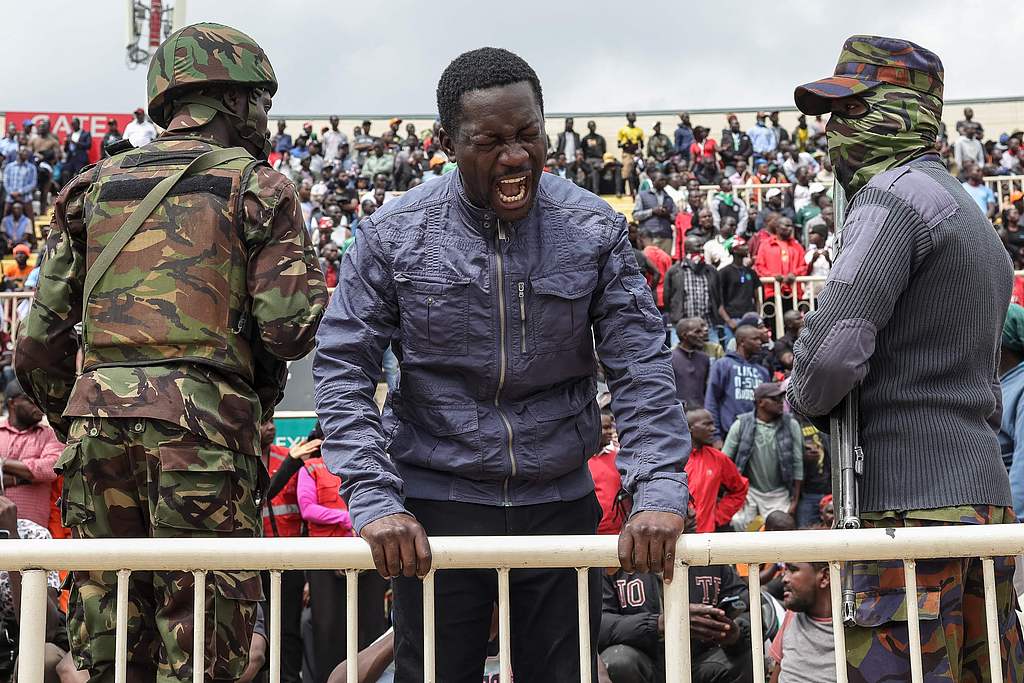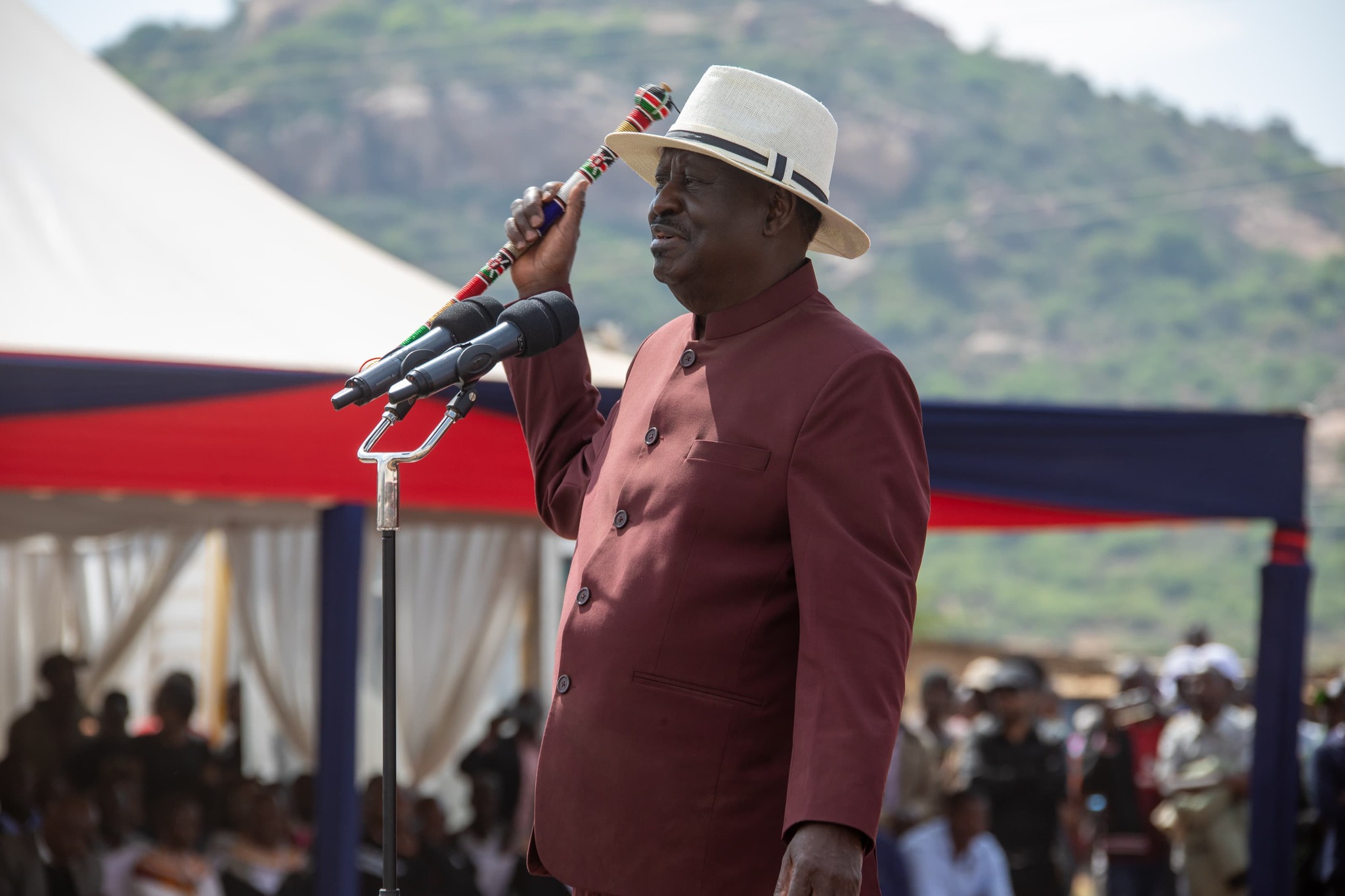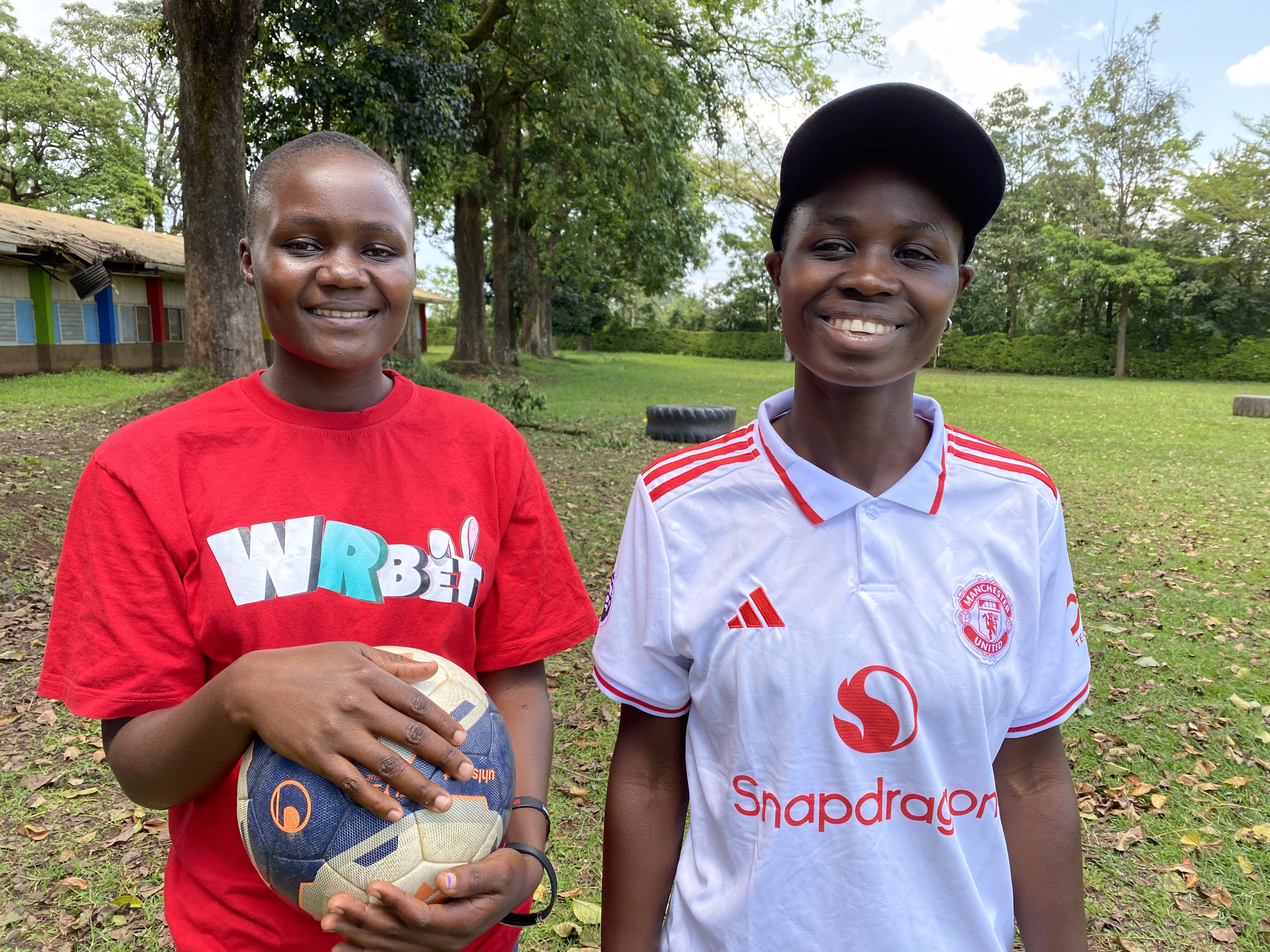
The life and legacy of one of South Africa’s most iconic heroes, Ahmed Kathrada

Ahmed Kathrada was born on August 21st 1929, to Indian immigrant parents in a small town in northwestern South Africa.
His activism against white-minority apartheid rule began at 17.
He became one of 2,000 “passive resisters” arrested in 1946 for defying discriminatory laws.
The African National Congress party was banned in 1960, and two years later Kathrada was placed under “house arrest”.
Soon afterwards, he went underground to continue the struggle as a member of the party’s armed wing.
He was arrested on the outskirts of Johannesburg in July 1963 while meeting with other activists.
Their arrest led to the Rivonia trial in which eight accused, including Nelson Mandela, were sentenced to life imprisonment with hard labour.
Kathrada was released in October 1989 at the age of 60. He was part of the delegation that led negotiations to end apartheid.
Kathrada went on to serve as parliamentary counsellor to President Mandela in the first ANC government.
In December 2013, he bid his friend, Nelson Mandela of seven decades farewell.
Kathrada is survived by his wife, Barbara Hogan, also an ANC stalwart. His Foundation continues to uphold his values of democracy and equality.
Mr Kathrada will be buried later on this plot in the West Park cemetery in Johannesburg, under a tree next to Afrikaner anti-apartheid activist Christiaan Frederick Beyers Naude.
#KathradaFuneral #AhmedKathrada will be buried under the shade of this tree, next to Christiaan Frederick Beyers Naude. pic.twitter.com/zwtA4DDOV9
— African National Congress (@MYANC) March 29, 2017






